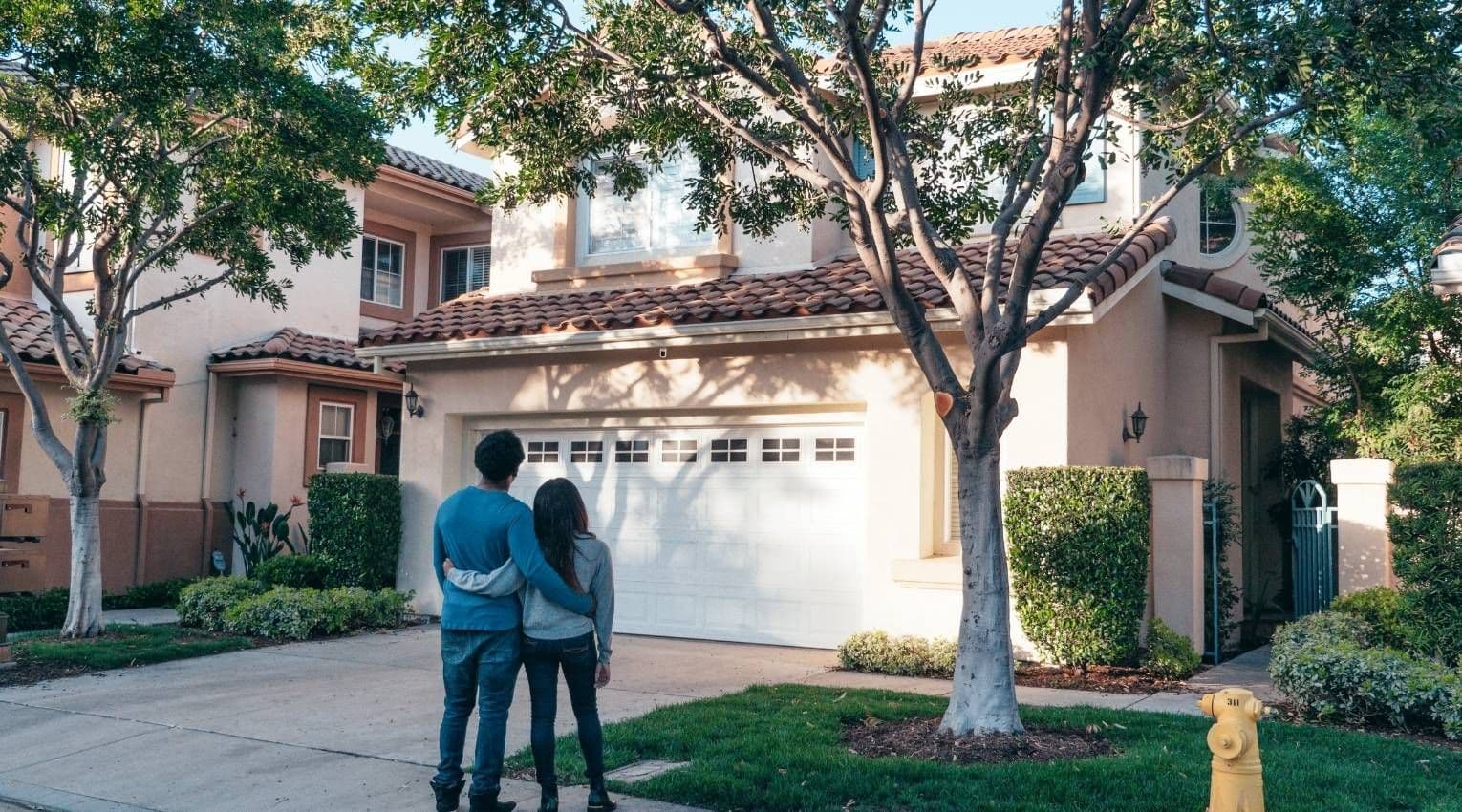Aging in Place: A Choice or a Lock-In Sentence?

Aging in place, otherwise known as staying in your home as you get older, is becoming the norm, especially among baby boomers. According to a recent study from Chase and Pulsenomics, more than half of boomers plan to age in place. However, 88% say their homes need renovations with increasing bathroom safety at the top of the remodel list.
Many homeowners looking to age in place are tapping into their home equity to get the cash they need to make necessary home improvements or supplement their retirement savings.
But for some homeowners, aging in place isn’t a choice, can be dangerous, and may feel more like a lifetime prison sentence. How can you ensure you have a choice—and can make the right one for you?
Beware: The Rate Lock-In Effect
The so-called “lock-in effect” occurs when homeowners don’t want to give up their mortgages because they have favorable interest rates. When it comes to the housing market, older homeowners are feeling the greatest impact from the rate lock-in effect.
As HousingWire explains, there’s no incentive for homeowners to sell when borrowing the same amount of money at today’s mortgage rates will lead to higher monthly payments.
That’s what happened to Waltham, Massachusetts residents Joe and Suzanne. The couple purchased their two-family home in the 1960s for $19,000. While the couple, who both just turned 90, are in relatively good health, the home has caused some trouble.
Most homes don’t come equipped with features that go hand in hand with aging, such as ramps, wheelchair-accessible bathrooms, and safe showers. For Joe and Suzanne, the steep steps to their second-floor home are a challenge, and Joe even had a fall earlier this year carrying up a bag of groceries. “I’m just too old to risk getting up and down those stairs alone in the winter,” explains Joe. “So, I end up staying here with nothing to do.”
Higher Home Values, Higher Taxes
Plans to age in place can also fall apart when residents are forced out of the homes and communities they love due to factors like increased property taxes and expensive renovations.
Skyrocketing home values aren’t helping either. Property owners in Mecklenburg County, North Carolina received revaluation notices at the start of 2019. Many residents, including those who have paid off their homes, are concerned about the increase in property taxes. While some people may be willing to move to certain neighborhoods despite the costs, folks that have been living in a neighborhood for decades feel the impact more sharply.
The Good News: You Have More Equity
The plus side to increasing home values is having more equity in your home. For many homeowners, tapping into their home’s equity to supplement income is a smart way to continue to age in place.
Rising interest rates means moving to a more senior-friendly home is out of the question for Joe and Suzanne. The couple, who have significant equity in their home, have instead chosen to rely on home equity lines of credit (HELOCs) to help supplement rising taxes and home maintenance fees.
Choose your method for tapping into your home equity wisely. Many equity loans come with monthly payments and interest rates—which are not ideal for homeowners trying to limit their monthly debts or living from Social Security paycheck to Social Security paycheck.
Reverse Mortgages in Retirement: When to Sign On and When to Steer Clear
Equity sharing programs, like Hometap, are another option. Hometap was created to provide homeowners access to some of tomorrow’s home value to cover today’s needs—without monthly payments. Unlike a reverse mortgage, you know exactly what Hometap’s share will be at the time you sell or buy out the investment.
Whether retirement is several years down the line or you’re already planning on aging in place, start planning for what’s next. By being aware of potential pitfalls and opportunities now, you can better position yourself for a thriving future.
The more you know about your home equity, the better decisions you can make about what to do with it. Do you know how much equity you have in your home? The Home Equity Dashboard makes it easy to find out.
You should know
We do our best to make sure that the information in this post is as accurate as possible as of the date it is published, but things change quickly sometimes. Hometap does not endorse or monitor any linked websites. Individual situations differ, so consult your own finance, tax or legal professional to determine what makes sense for you.
More in “Financial Goals”

Can You Afford Your Mortgage on a Single Income? A Guide for Life's Transitions

The Complete Costs of Buying and Selling a Home

